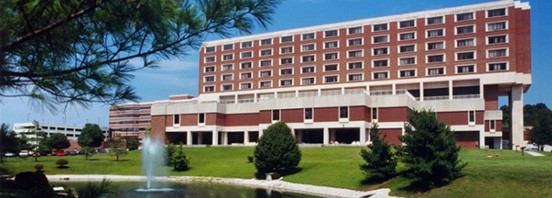by Rosemary Paxman
BioNews.org.uk, December 6, 2010
A new study has shown that IVF may not be linked to an increased risk of certain cancers among female patients. A team of Swedish researchers concluded that, although cancer or cancer treatment may increase the need for IVF, the risks of cancer post-IVF treatment were low.
The study compared cancer rates in 24,000 women in Sweden who gave birth post-IVF between 1982 and 2006 with rates in 1.4 million women in the general Swedish population (who also gave birth in the same period). The researchers found that the overall risk of a woman developing cancer after IVF was roughly 25 percent lower than in women who had not undergone the procedure.
‘The risk for two common cancers, breast and cervical, was significantly lower than expected’, said study leader Dr Bengt Kallen of the University of Lund, Sweden. Dr Kallen explained this could be due to the better state of health necessary in women to be selected for IVF treatment. Furthermore, women needing IVF may undergo more mammography and cervical smears, aiding early detection and treatment of precancerous conditions.
Dr Sherman Silber, director of the Infertility Center of St. Louis at St. Luke’s Hospital in St. Louis, Missouri, and author of the best selling book, “How to Get Pregnant” published by Little Brown, comments that “over 10 million women have undergone IVF with no increase risk of cancer despite hormonal stimulation.” In fact, Dr Silber points out that “not having children creates a greater risk of cancer than is seen in a population of women who have had children. This massive study from Sweden successfully debunks another baseless fear myth about IVF (such as cancer risk) and risks to IVF offspring (who are completely normal and in fact if anything are much more competent on average than the general population).”
‘A couple who needs IVF does not have to be afraid that the hormone treatment used – at least those used in Sweden – will carry a risk for the woman to develop cancer’, said Dr Kallen speaking to Reuters Health. Previous studies have suggested some hormone drugs used in IVF may be linked to cancer but these have not been numerous and have mostly been small scale, said the authors of the new study.
The findings were based on data obtained from IVF clinics in Sweden and the Swedish Cancer Registry. They were published in the journal Human Reproduction.
See also:

